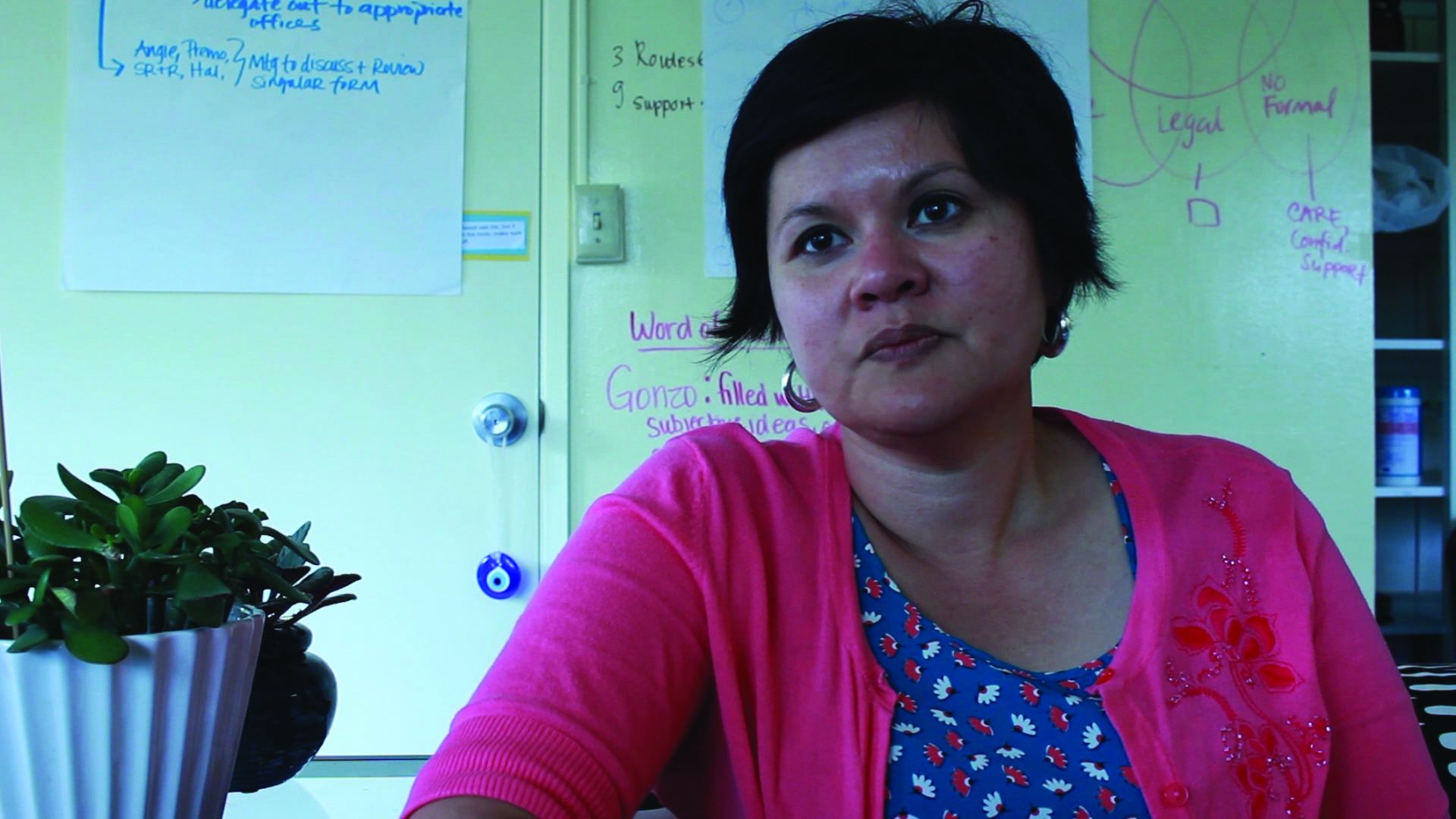
SAMANTHA LUND; Editor-in-Chief: lundsr@plu.edu
Student Life held a forum about sexual assault and campus culture two weeks ago, inviting students and faculty to join in a conversation about their concerns and questions regarding assaults on campus. The event was part of a series that continued this Monday, focusing on the questions brought up in the first forum.
More than 75 questions were posed in the first meeting about the student conduct policies and, according to Vice President of Student Life Joanna Royce-Davis, Student Life is currently making revisions to the policy fairly quickly.
This Monday, the group focused on increasing transparency within the conduct system and the differences between the system’s perceived strength versus its actual power.
One of the main issues focused on was the no-contact orders that students can enact if they feel unsafe around another student on campus. When a no-contact order is put in place, Student Rights and Responsibilities looks at both students’ schedules and finds routes and alternative classes to make sure they don’t need to be in the same rooms at the same time or cross paths. It’s a long process, but the university believes it’s necessary.
Director of Campus Safety Greg Premo explained that campus no-contact orders are different than legal restraining orders. No-contact orders aren’t legal documents and aren’t noticed by the state or police. Instead, they are a sanction for campus and a student can be removed from campus or suspended for breaking one.
Students aired more concerns throughout the night, suggesting strengthening the feedback loop between Student Life and students as well as having documentation about rights and written consequences for each action that Student Rights and Responsibilities abides by.
After the discussion was over, Joanna Royce-Davis said a group of faculty and staff would take suggestions and make changes to the policies. The next step will be to come back as a community at the end of the year and discuss the changes and create a timeline for new policies.

















